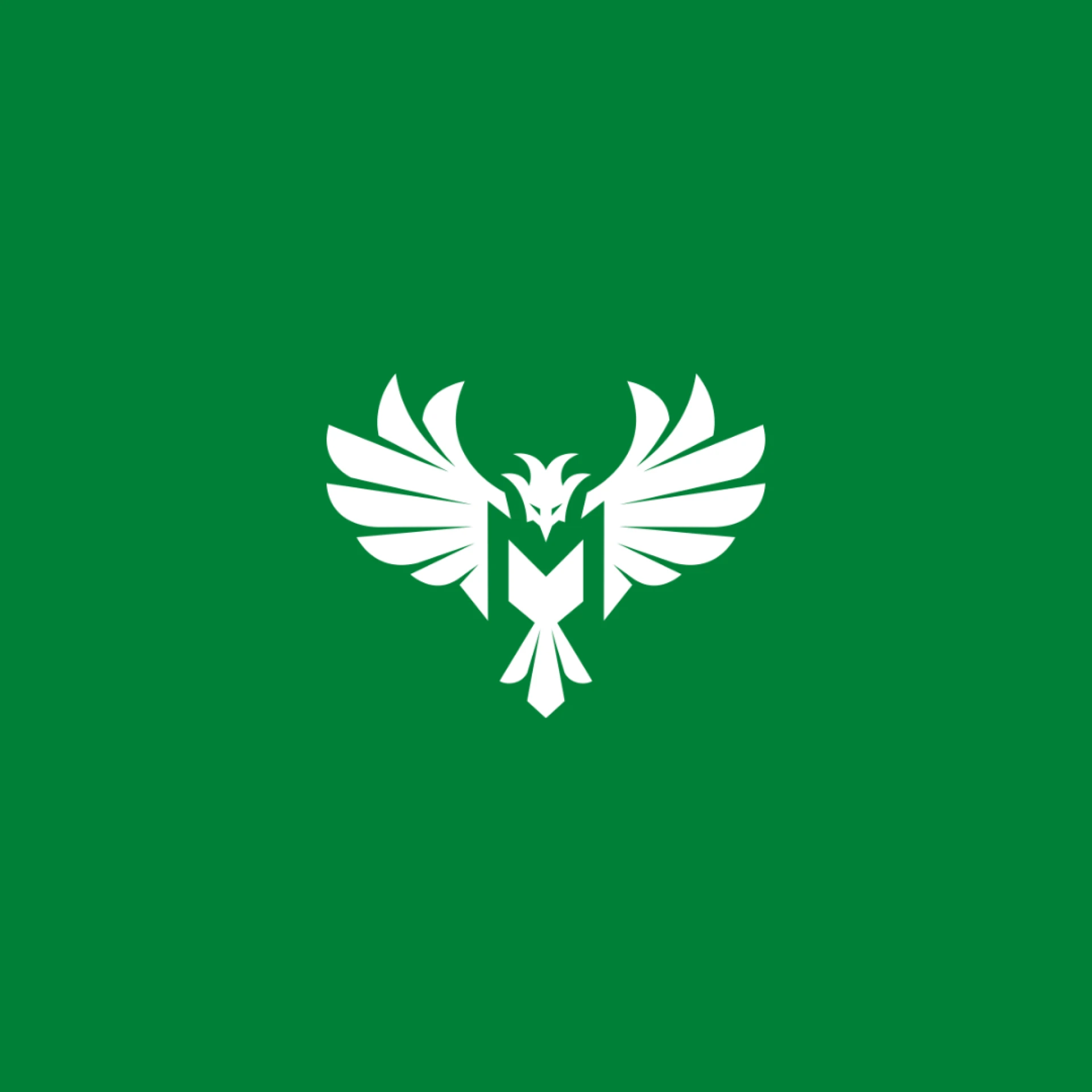Introduction: Why Learn Lebanese Arabic?
If you're passionate about connecting with the rich culture of Lebanon or planning to visit the country, learning Lebanese Arabic can be a game-changer. Unlike Modern Standard Arabic (MSA), which is formal and used primarily in writing and media, Lebanese Arabic is the heart of everyday communication in Lebanon.
Whether you're traveling, working, or simply fascinated by the Lebanese way of life, understanding the dialect opens up a whole new world of opportunities. It's the language of the streets, the markets, and of course, Lebanese hospitality. But how do you start learning this dynamic and culturally rich dialect? Let’s explore some of the best strategies, resources, and tips for mastering Lebanese Arabic!
What is Lebanese Arabic?
Lebanese Arabic, or Lebanese dialect, is one of the Levantine Arabic dialects spoken across Lebanon, parts of Syria, Jordan, and Palestine. Unlike the formal Modern Standard Arabic (MSA) you might encounter in textbooks, Lebanese Arabic is used in daily conversations, TV shows, and casual interactions.
One of the most unique features of Lebanese Arabic is its wide range of regional variations, influenced by Lebanon’s rich cultural history, including Arabic, French, and even Turkish influences. Learning Lebanese Arabic will not only help you communicate with locals but also give you a deeper understanding of Lebanon’s history, culture, and traditions.
Why Learning Spoken Arabic is a Game-Changer
Learning spoken Arabic opens doors to real-life communication and immersive experiences. Unlike MSA, which can sound stiff and formal, spoken dialects like Lebanese Arabic are how people really talk—making them much more practical for anyone looking to interact with native speakers.
In fact, speaking Lebanese Arabic will help you:
- Build confidence: Communicating in a real-world setting feels far more rewarding than memorizing textbook Arabic.
- Understand Lebanese culture: Knowing the dialect allows you to appreciate humor, local expressions, and everyday interactions.
- Enhance travel experiences: Whether you're visiting Lebanon or interacting with Lebanese speakers worldwide, knowing the dialect can enrich your journey and open up new social opportunities.
Spoken Arabic also creates more meaningful connections. You won’t just be able to read about Lebanese culture, you’ll be able to live it!
Best Resources for Learning Lebanese Arabic
Learning Lebanese Arabic doesn’t have to be difficult, thanks to a wide range of online resources available today. Here are some of the most effective ways to get started:
- Online Platforms: Structured courses are crucial for a clear learning path. If you’re serious about learning Lebanese Arabic, check out The Spoken Arabic Platform. With beginner-friendly courses and interactive resources, it’s designed to help you go from knowing zero Arabic to speaking confidently. The free Lebanese Arabic guide is a great starting point to get familiar with the basics!
- YouTube Channels: There are several YouTube channels that offer free lessons on Lebanese Arabic, focusing on pronunciation, common phrases, and vocabulary. You can watch and learn at your own pace, but make sure the content is high quality and backed by a reliable learning structure.
- Apps: Apps like Duolingo and Memrise can provide useful drills for basic vocabulary, though they tend to focus more on MSA. If you want Lebanese-specific content, consider apps that focus on dialects, or supplement them with online courses that dive deep into real-world usage.
- Books: Learning from books like the Lebanese Arabic 101 guide can be a great supplement to your studies. They provide solid grammar explanations, vocabulary, and exercises, making them ideal for learners who enjoy self-study.
Common Mistakes Beginners Make in Lebanese Arabic
When starting to learn Lebanese Arabic, it's easy to fall into certain traps. Here are some common mistakes and tips on how to avoid them:
- Over-Reliance on MSA: Since Lebanese Arabic is different from MSA, using the formal language can create confusion. Focus on learning phrases used in everyday conversation rather than textbook Arabic.
- Neglecting Pronunciation: Lebanese Arabic has sounds that don’t exist in MSA or English. Pay attention to the local pronunciation to sound more authentic. Practice by listening to native speakers and repeating after them.
- Ignoring Local Expressions: Lebanese Arabic is full of idioms and expressions that don't directly translate into English. Don’t skip this aspect, as learning them will make your speech sound more natural and help you fit in better.
How to Master Lebanese Arabic Pronunciation
One of the most important aspects of learning Lebanese Arabic is pronunciation. Unlike MSA, Lebanese Arabic has distinct sounds that require practice. Here are some tips to help you get it right:
- Focus on the Lebanese "qaf" (ق): This letter is pronounced differently in Lebanese Arabic than in MSA. In some regions, it’s pronounced as a soft "k" sound.
- Listen and Repeat: Pay attention to how native speakers pronounce words and imitate them. This will help you internalize the correct sounds.
- Use Audio Resources: Many online courses, including The Spoken Arabic Platform, provide audio lessons that help you practice pronunciation with real-life examples.
Conclusion: Start Your Journey with Lebanese Arabic Today!
Ready to dive into learning Lebanese Arabic? Whether you're a complete beginner or just looking to improve, there are countless resources at your fingertips. Begin with the free Lebanese Arabic guide, or enroll in a structured course that takes you step-by-step through the language.
By learning Lebanese Arabic, you'll not only open the door to better communication but also connect more deeply with the culture and people of Lebanon. Start your journey today, and soon you’ll be speaking Lebanese Arabic like a pro!
Download the free Lebanese Arabic guide now and get started on your language-learning adventure. Want a more in-depth approach? Explore The Spoken Arabic Platform for structured, interactive courses that will help you master Lebanese Arabic with confidence.


